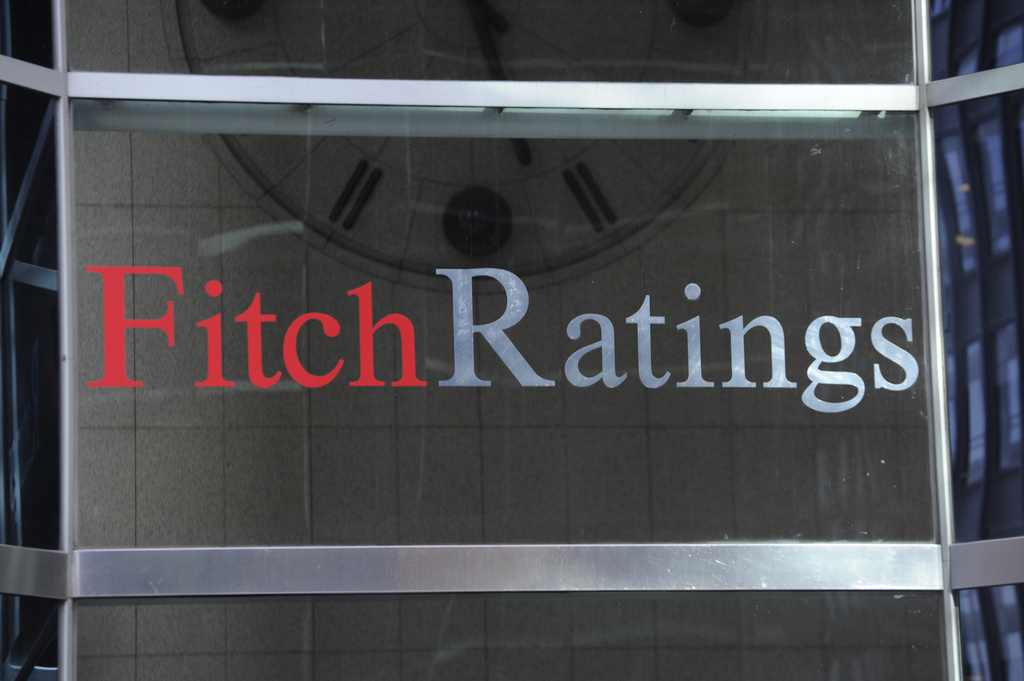One of the three major credit rating firms has downgraded Israel amid the monthslong Israel-Hamas war in the Gaza Strip, signaling the economic strain the country is under as it awaits a possible retaliatory strike from Iran.
Fitch Ratings in its advisory note downgraded Israel from an “A+” rating to an “A” rating, something that can affect Israel’s borrowing rate and its ability to seek cash from international lenders.
Sadly, what internal division failed to achieve was instead brought upon Israel by its enemies, who hate all of Israel’s Jews equally.
Fitch noted that “public finances have been hit” from the war and that it projects Israel to carry a budget deficit of 7.8% of its gross domestic product this year, with its overall debt to remain over 70% of its GDP.
“In our view, the conflict in Gaza could last well into 2025 and there are risks of it broadening to other fronts,” Fitch warned in its rating note issued late Monday in the United States. “In addition to human losses, it could result in significant additional military spending, destruction of infrastructure and more sustained damage to economic activity and investment, leading to a further deterioration of Israel’s credit metrics.”
Fitch added: “Israel is likely to maintain a stronger presence along its borders than in the past, plans to widen mandatory draft and to increase domestic military production, which would also add to spending.”
Responding to the rating decision in a post on the social platform X, Israel’s hard-line Finance Minister Bezalel Smotrich described his nation as being in “the midst of an existential war, the longest and most expensive in its history.”
“The downgrade following the war and the geopolitical risks it creates is natural,” he wrote. “Israel’s economy is strong and we will navigate it correctly and responsibly.”
S&P Global Ratings and Moody’s Investors Service also lowered Israel’s ratings in recent months.
Over the past year, the Israeli shekel has been weighed down by the war, while the Tel Aviv Stock Exchange has seen turbulence as well.
(AP & YWN Israel Desk – Jerusalem)












One Response
Israel is not dependent on selling bonds on the international market, so the downgrade is not a big problem. The economic stress of the war is a problem. Plus Israel is likely to have to deal with a less friendly government in Washington after Jan. 20 (especially if Harris wins).
Also note that the yeshivos are a major source of employment and bring in large amounts of foreign exchange (tuition of foreign students, plus donations), and the government’s attempt to close them down will have a serious macroeconomic impact, especially when the multiplier effect is taken into account.